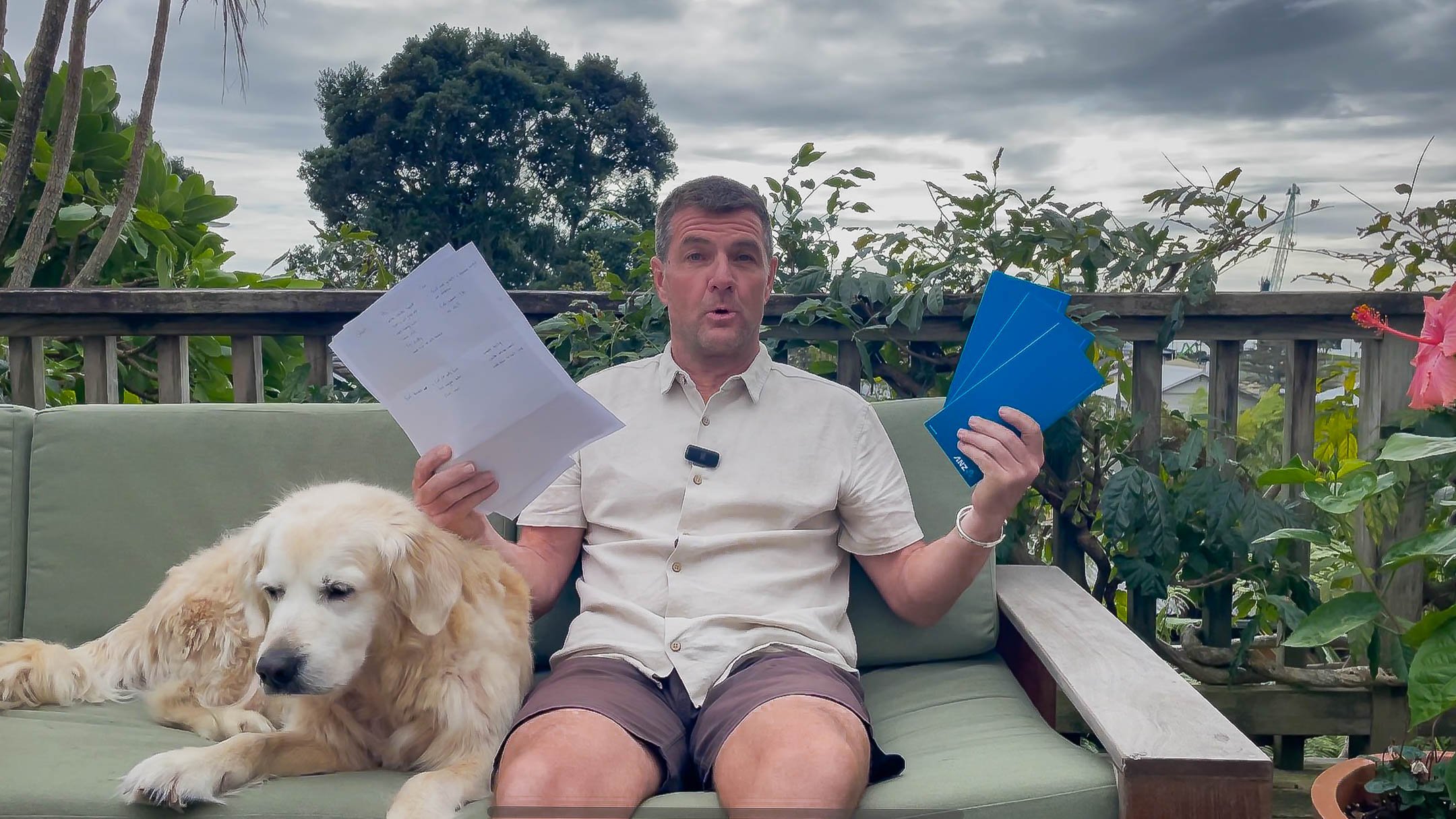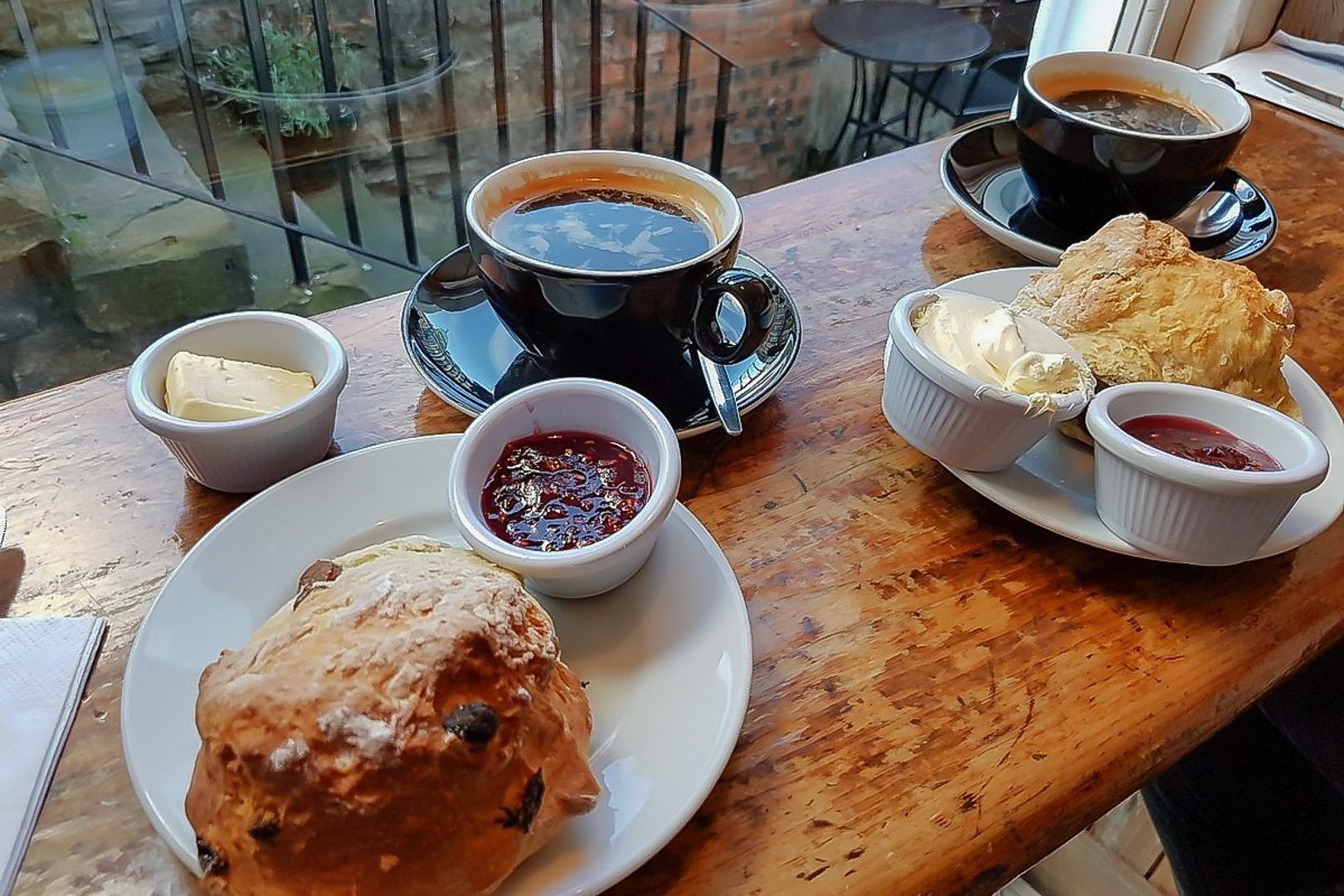Buying your 1st home is exciting, but there can be a lot to unpack
This page will help you understand:
✅ If you can afford a house
✅ How much can you borrow
✅ Your monthly repayments
✅ Overview of the process
First Home Buyer FAQs
These are the questions I hear every week.
-
Figuring out if you can afford a home comes down to 3 key things:
Your income – how much you earn before tax.
Your expenses and debts – how much you’re already paying (e.g. food, utilities, phone and transport, plus any other loans, credit cards, Buy Now Pay Later goods).
Your deposit – the money you’ve saved toward a house (including your Kiwisaver).
If you want help calculating what you can afford and what repayments look like, feel free to get in touch. Most people are surprised to find they’re closer than they think.
-
Banks often require a 20% deposit, which means:
For a $600,000 house, that’s $120,000
For a $500,000 house, that’s $100,000
For a $400,000 house, that’s $80,000
But the exact deposit needed depends on your income, credit score, and the lender. No need to guess — I can run the numbers with you, and see what options are out there.
-
If you’ve got less than a 20% deposit, you still have options. Some banks will accept a 10% deposit, or even 5% in certain situations. These low-deposit loans do come with a few trade-offs — like stricter lending criteria and something called a “low equity premium” (essentially an extra fee to protect the lender).
The exact deposit you’ll need depends on a few factors:
☑️ Your income and existing debts
☑️ How strong your overall application is
☑️ Whether you’re buying an existing home or building new
☑️ Your chosen bank’s lending rules (these vary)
This is where I can help. I work with multiple lenders and can help you find one that fits your situation — even if you don’t have a full 20% saved yet.
-
This depends on your income, debt, and deposit — but here’s a rough idea:
A couple earning $120,000 combined may be able to borrow around $700,000–800,000
A single person earning $80,000 might borrow about $450,000–550,000
There’s no one-size-fits-all answer — and online calculators can miss key details. I can give you a crystal-clear breakdown of your borrowing power based on real numbers from real lenders. No guesswork.
Enter email to receive guide
NZ first home buyers guide free download
Buying your first home can feel overwhelming, but this guide is here to make things simple. In this guide you will learn:
✓ Where to begin
✓ Saving for a deposit
✓ Understanding the costs
✓ How pre-approval works
✓ Making an Offer
✓ Loan structure & repayments
Homeloans without the drama
The 5 stages of getting a home loan
Speed up your home loan journey with my 30 years of financial experience.
1. Consultation
Meeting to discuss your financial goals, budget, and borrowing options to understand what’s best for you.
2. Pre-Approval
I gather your financial info & submit it to the banks for a conditional approval, so you know your borrowing capacity.
3. Application
Once you've found a property, I finalize the loan application, collecting all documents and working with the bank.
4. Approval
The bank reviews and officially approves the loan, confirming all conditions and requirements are met.
5. Settlement
The final step is where funds are transferred, and ownership of the property is officially transferred to you.
Ready to shortcut the process?
No matter where you are in your home buying journey, I can help.
Talking to me is free.
More commonly asked questions by first home buyers
-
The first step is working with a mortgage advisor to understand your financial position. They’ll help you assess your budget, explore options like KiwiSaver, and plan your deposit. This ensures you're prepared to apply for a first home loan or your first mortgage.
-
Mortgage pre-approval confirms how much you can borrow and makes you a stronger buyer. It’s valid for three months and helps you confidently make offers. A mortgage advisor can simplify the process, ensuring your application is fast and accurate.
-
In addition to your deposit, plan for solicitor fees ($1,000–$2,500), builder’s reports ($600–$750), and ongoing costs like rates and insurance. Working with a mortgage advisor ensures your first home loan accounts for all expenses and aligns with your financial goals.
-
Yes, a mortgage advisor can guide you through securing an investment mortgage. They’ll tailor options to maximize your returns and help you get a home loan that aligns with your investment strategy.









